World Malaria Day 2020: WHO Joins The RBM Partnership To End Malaria In Promoting “Zero Malaria Starts With Me” Campaign
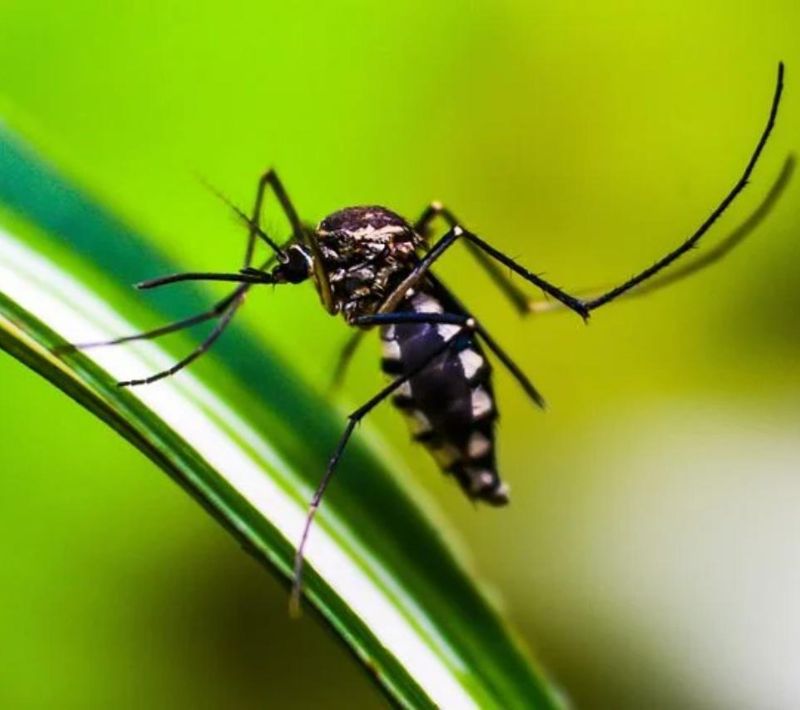
WHO has embarked on a journey that would change the fight against Malaria for the better. Come world malaria day 2020, WHO is set to join the RBM Partnership to end malaria in promoting “Zero Malaria Starts with me”, a grassroots campaign.
About the “Zero Malaria Starts with Me” Campaign
Between 2000 to 2014, malaria-related deaths reduced by 40% worldwide, which was an estimated 743000 to 446000. The WHO’s world malaria report of 2019 stated that there were no global gains in reducing new infections over the period of 2014 to 2018. Thus there is an urgent need to create measures that will tackle the above problem. Hence, the “Zero Malaria Starts With Me” campaign.
The campaign targets the grassroots as its major concern. The aim of the campaign is to keep malaria on the political agenda, mobilize additional resources, and empower communities to take ownership of malaria prevention and care.
Although the target area is the grassroots, the campaign engages all members of society, from the government to the private sectors, the general community, and the world at large, as a malaria-free community would be beneficial to all.
“It’s time to get back on track, particularly in countries where malaria strikes hardest. First, we need to ensure that everyone at risk of malaria can access the services they need to prevent, diagnose, and treat it, without suffering financial hardships. Second, we need to prioritize support for countries where the need is greatest. And third, we must ramp up investments in the research and development to deliver new tools”. WHO Director-General Dr. Tedros Adhanom Ghebreyesus, says.
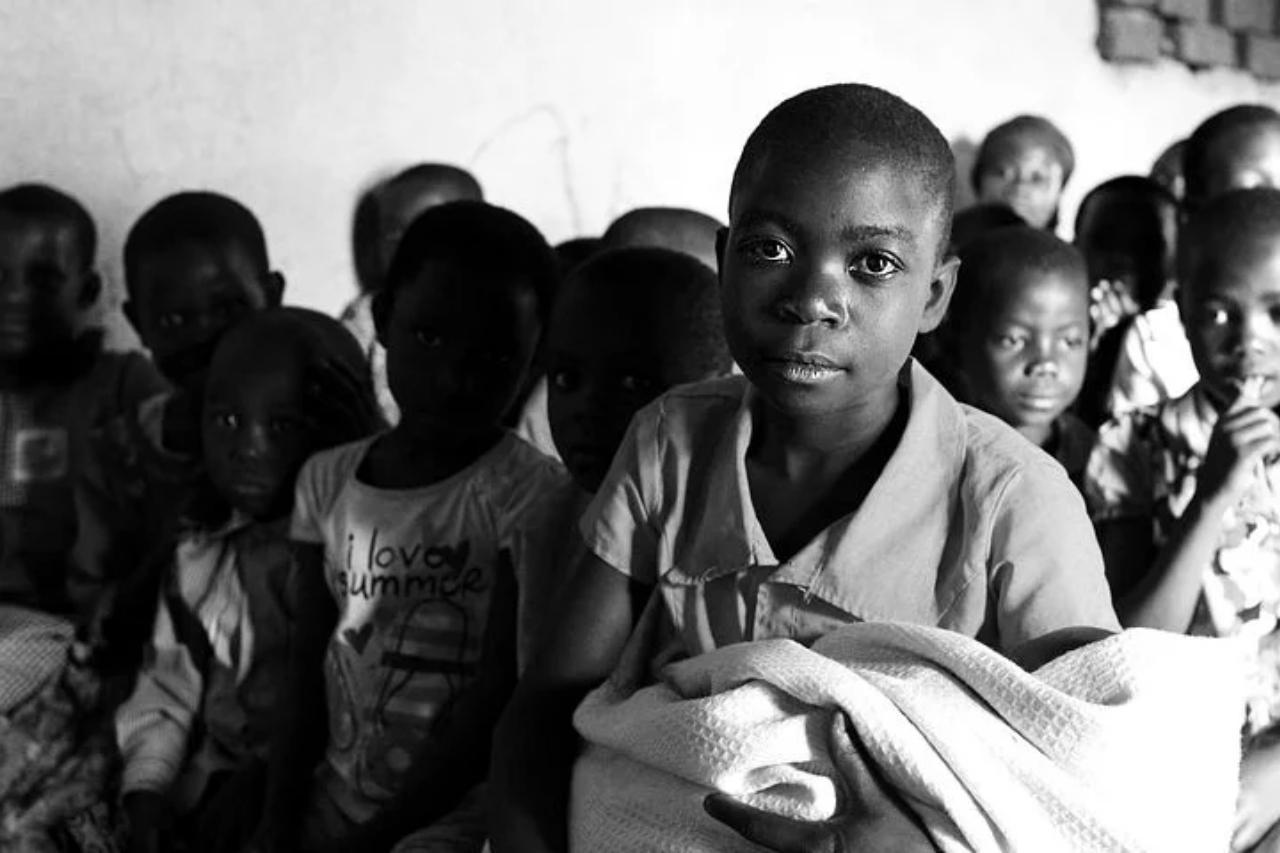
Which Population is the Hardest Hit for Malaria?
Sub-Saharan Africa continues to be the population with the hardest hit for malaria. In 2018, the region recorded 93% of all cases. Half of the recorded cases were in 6 countries namely; Nigeria, Democratic Republic of Congo, Uganda, Côte d’Ivoire, Mozambique, and Niger. With a percentage of 25, 12, 5, 4 (each for the three last countries), respectively.
However, in such countries, the population of pregnant women and children are the highest victims. This makes them the hardest hit for malaria. In 2018, an estimated number of 11 million pregnant women living in 38 African countries were infected with malaria. To-third of the global death of malaria is attributed to children under age 5.
According to UNICEF, malaria kills one child every 30 seconds, about 3000 children every day. Annually, over one million people die from malaria each year.
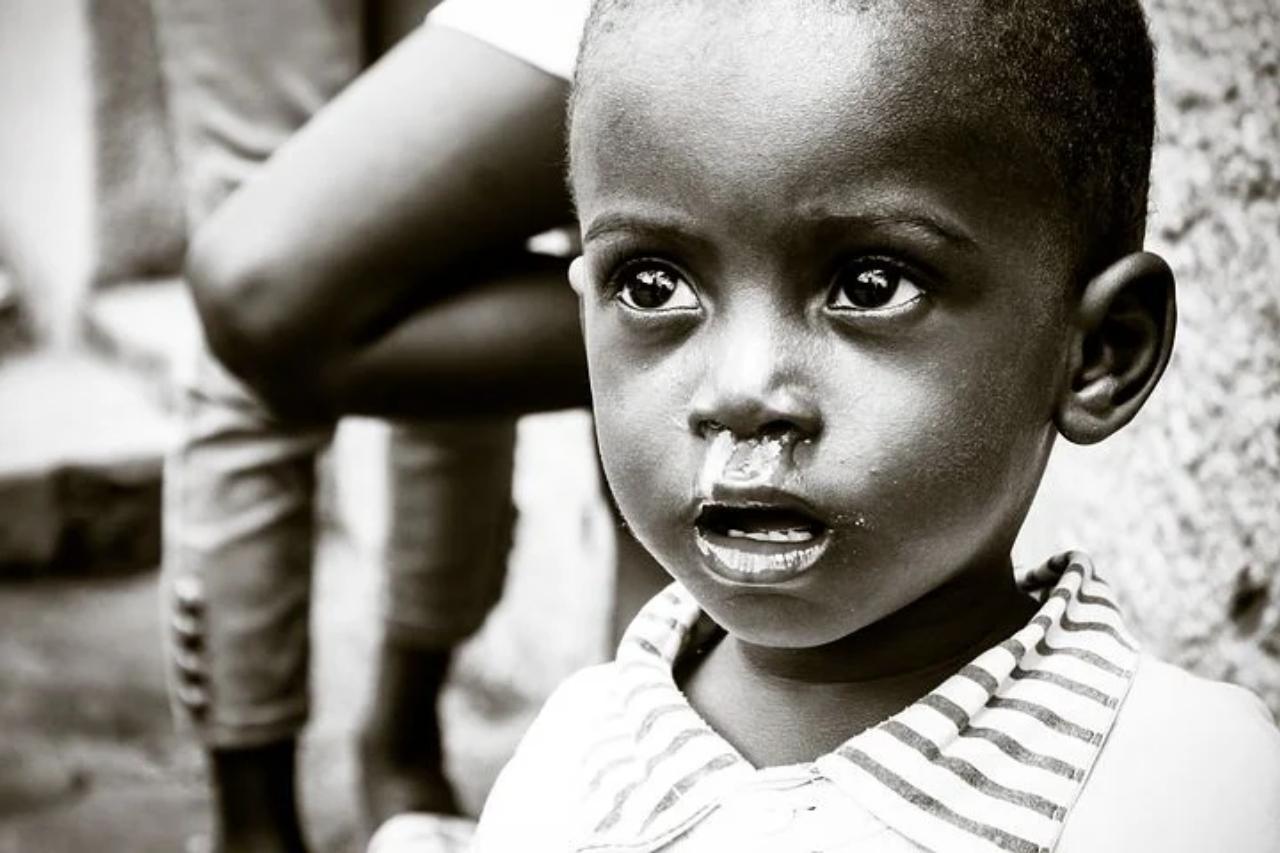
How Long Does it take Malaria to Kill You?
If it is not treated within 24 hours, it can progress to severe illness often leading to mortality. This is the reason why the hardest hit for malaria remains Sub-Saharan Africa. Even if there has been an awareness of the danger of malaria, many of these countries still lack provisions for the diagnosis, prevention, and control of malaria.
Besides, malaria infections in Africa are caused by Plasmodium falciparum, the most dangerous of the four human malaria parasites. Also, the malaria vector- the mosquito, Anopheles gambiae is widespread in Africa.
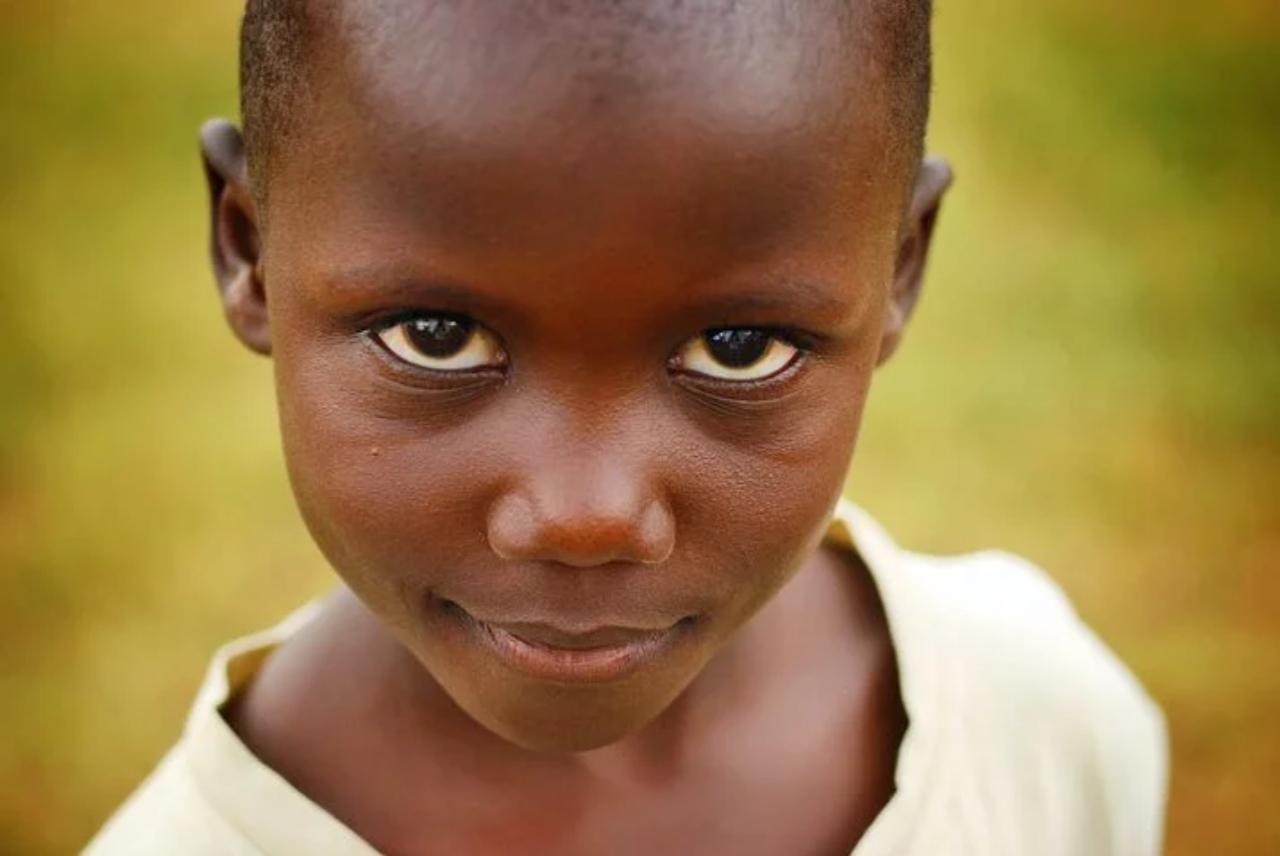
When is World Malaria Day?
World malaria day is an annual event that takes place on the 25th of April. It is commemorated in order to raise global awareness and efforts to control malaria. It gives people the chance to promote or learn about the efforts made to prevent and reduce malaria around the world. World malaria day was established in May 2007 by the 60th session of the WHO assembly.
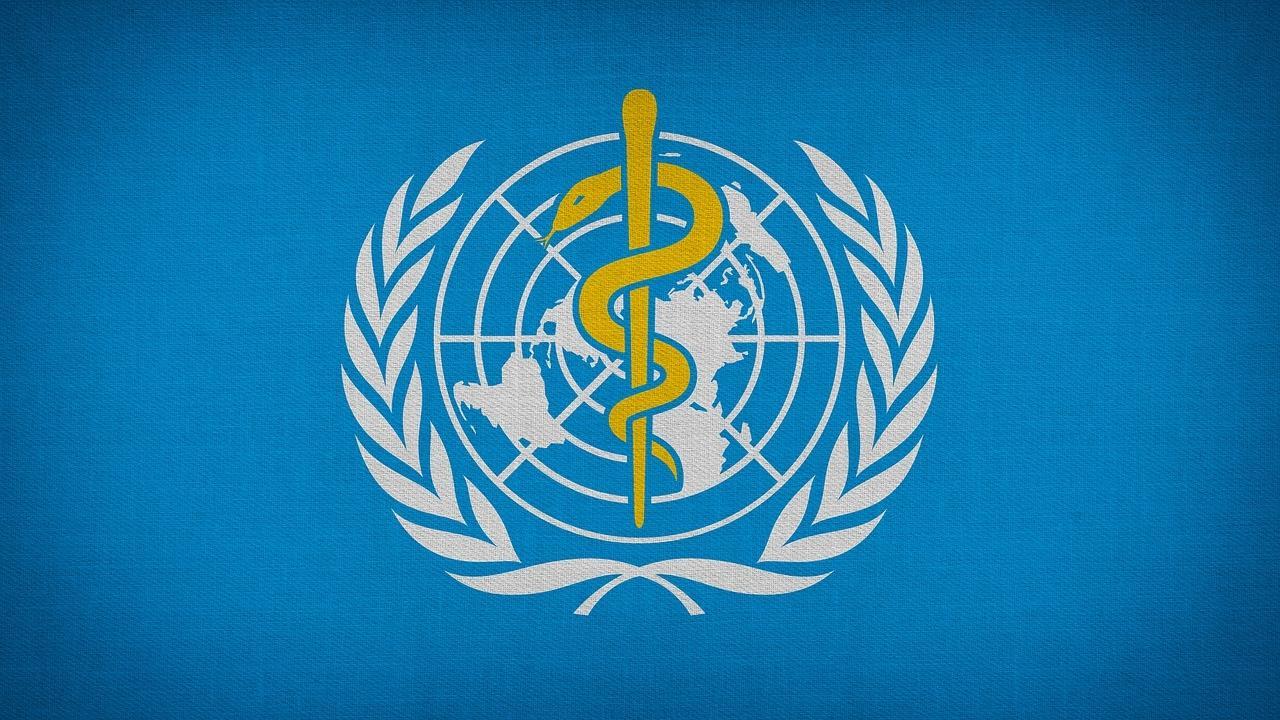
WHO Warns That The Fight Against Malaria Could be set Back 20 Years: Malaria Versus COVID-19
With the outbreak of the coronavirus (COVID-19) pandemic, all governments’ have channeled all resources and energy to fight against it. Many individuals have argued randomly about just how deadly the virus is. With increased mortality rate in countries such as Italy, Spain, the U.S, etc., coupled with the increased spread, and the high rate at which the virus is contagious, many fear that it is the deadliest disease man has ever encountered.
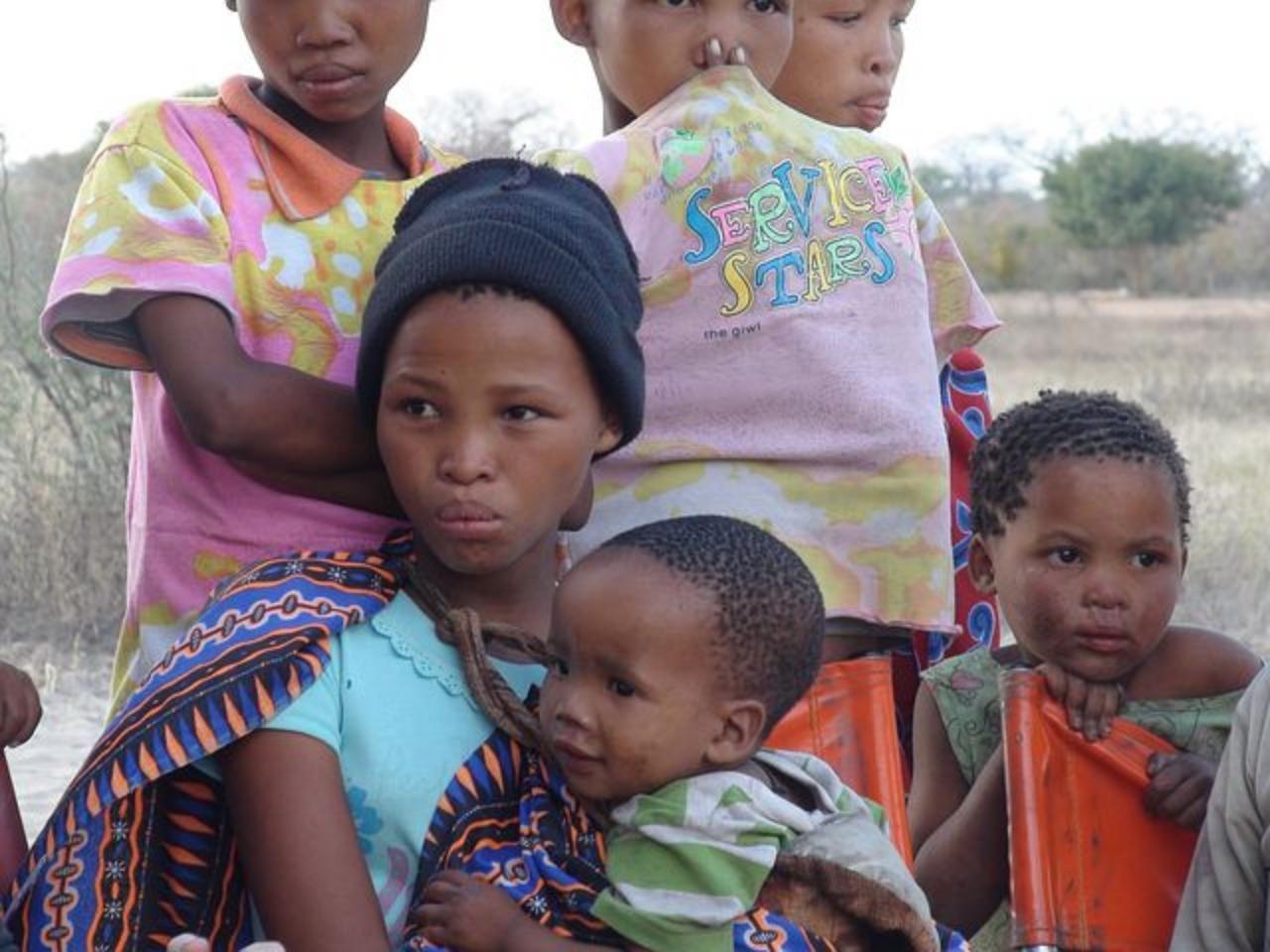
Amidst the severity of the COVID-19 infections, some may think that we ought to combat other threatening diseases alongside it. The WHO, which happens to fall into this category claims that in Sub-Saharan Africa where a disease like Malaria kills hundreds or even thousands a year, it could be set back by 20 years as the government focuses on coronavirus.
One of the reasons why the WHO claims so is because of the case of Ebola. The Ebola outbreak in West Africa was categorized by governments channeling all attention and resources in fighting it and as a result while it was curbed other diseases had a deadlier toll.
Due to the fight against COVID-19, immunization campaigns to protect children against measles, polio, and yellow fever are also affected, not just in Africa. The issue now is that if these African countries are able to win the fight against the COVID-19, they would have a bigger fight against diseases that normally affect the area.
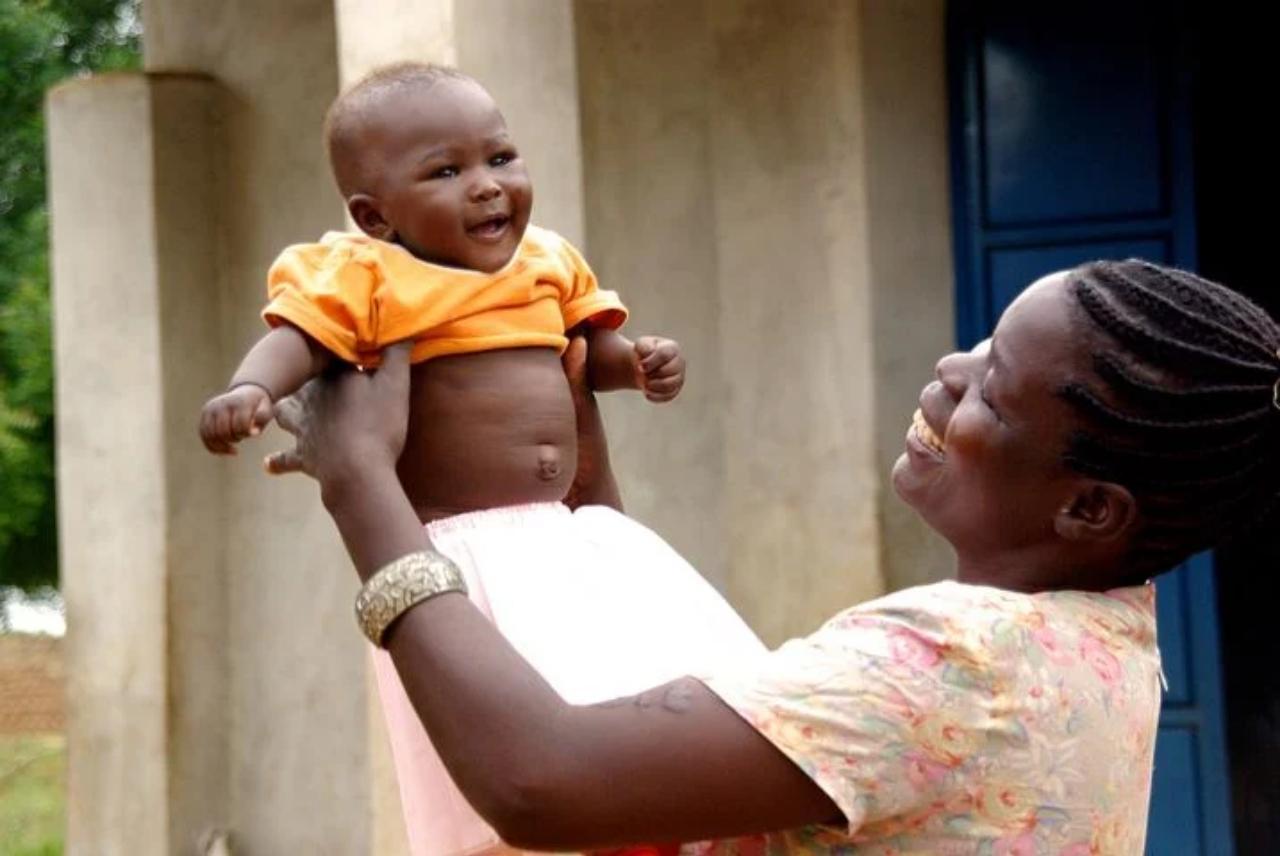
WHO Urges Countries to Save Lives From the Clutches of Malaria in Sub-Saharan Africa
WHO urges countries to quickly save lives from malaria in Sub-Saharan Africa. The analysis shows that the number of reported cases of infections and mortality in Sub-Saharan Africa represents only a small fraction of the global total, even though the number of infections increases daily.
This implies that these countries can employ measures that can help save lives from malaria by seizing this critical moment of the fight against COVID-19. WHO and partners commend the leaders of Benin, the Democratic Republic of Congo, Sierra Leone and Chad for initiating the Insecticide-treated net (ITN) campaigns during this pandemic.
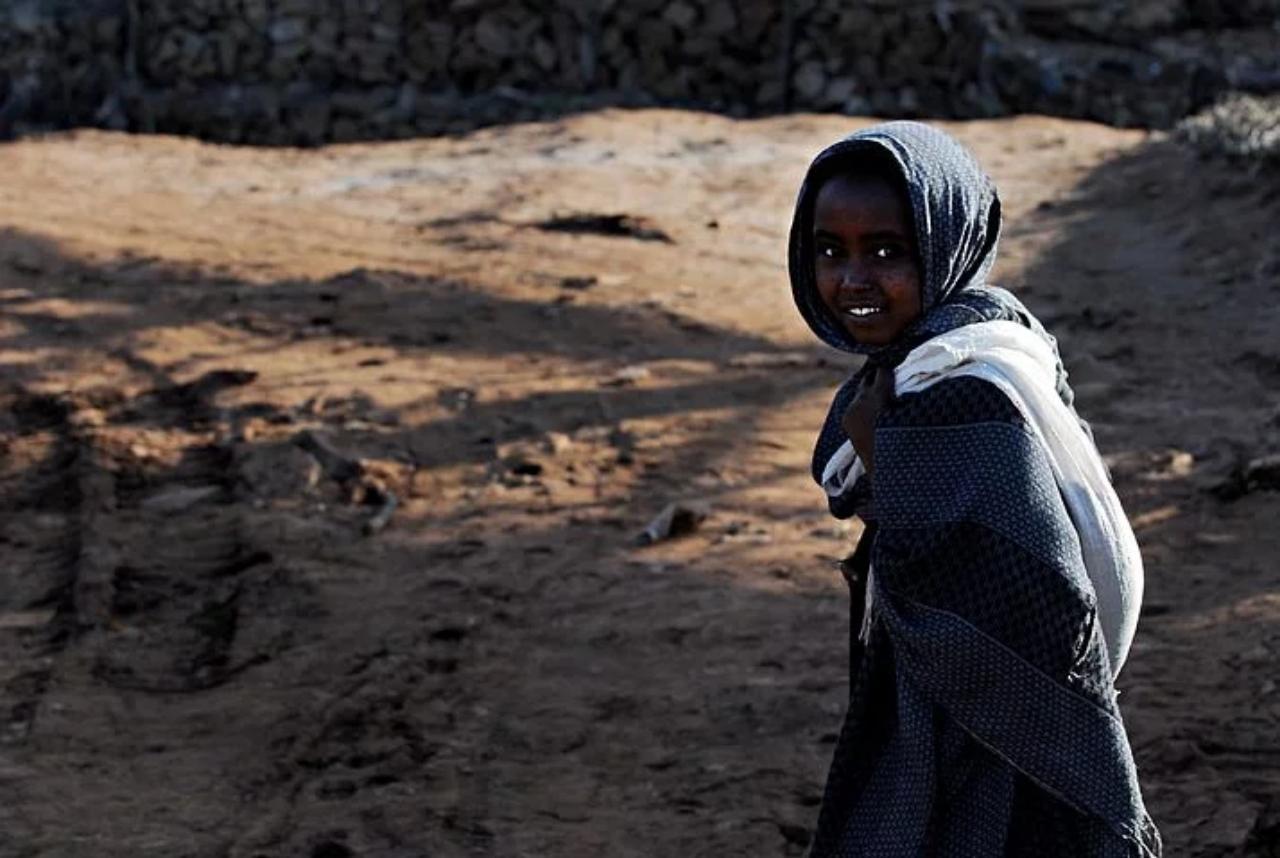
To ensure that the fight against Malaria still goes on amidst the coronavirus pandemic, WHO and partners have developed a guidance policy to ensure that malaria patients receive care within the COVID-19 setting. This guidance initiative is a tailored malaria intervention in COVID-19 response and it includes;
- Guidance on the prevention of infection through vector control and chemoprevention
- Testing
- Treatment of cases
- Clinical services
- Supply chain and
- Laboratory activities
5 Facts You Need to Know About Malaria
- Malaria is a serious disease that affects humans and it is oftentimes fatal
- It is spread by a mosquito
- It breeds in warmer climates where there are abundant humidity and rain
- Pregnant women and children are highly vulnerable to malaria
- Malaria is not a contagious disease
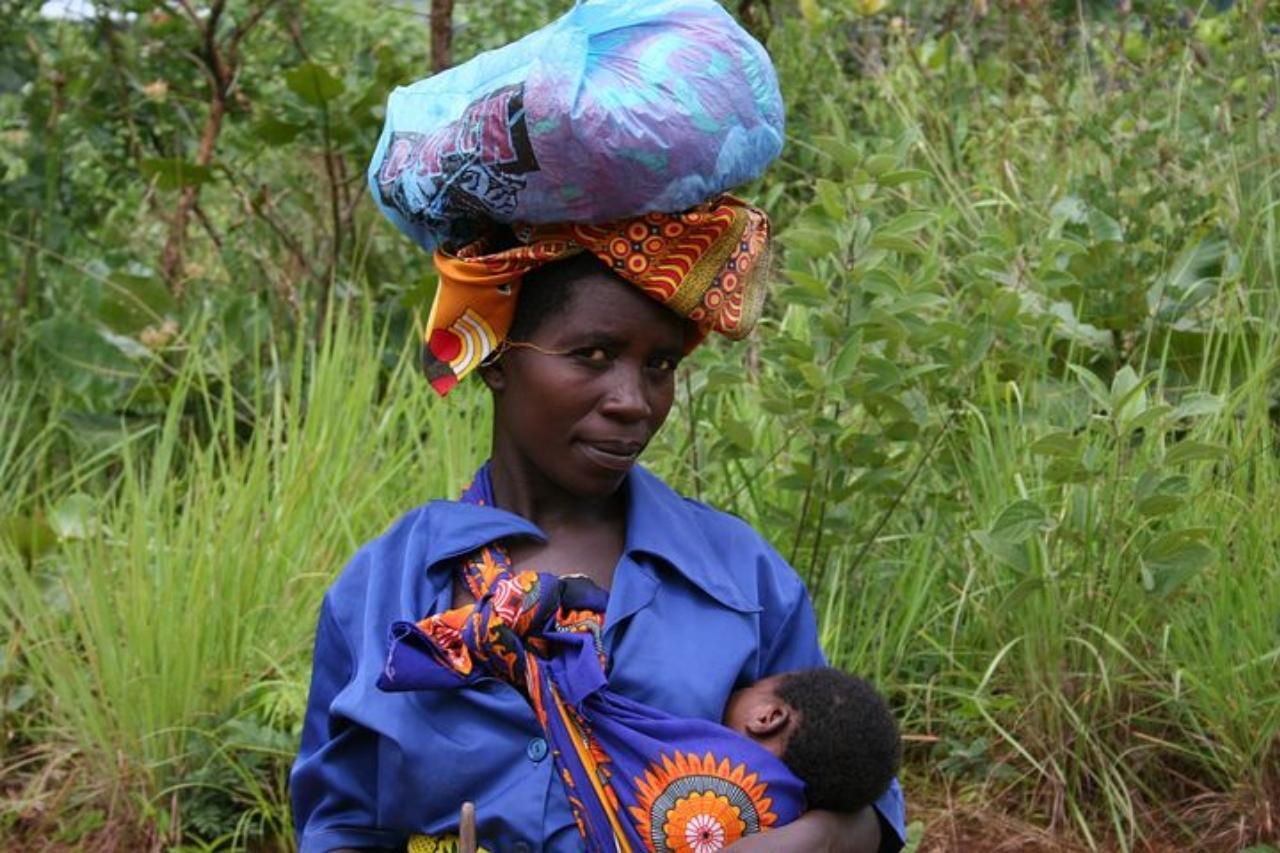
Although the coronavirus seems to be the current enemy the world is facing and all efforts are channeled to controlling it, which is great, it is wise and eminent that we should not stop the fight against an enemy such as Malaria, which we know.
Studies show that while a larger number of people are infected and died from the coronavirus, yet, people are still dying from other things such as hunger, depression, etc. Hence, the fight against Malaria and other deadly diseases must continue and for now, the procedures are carried out on the specifications of reducing the spread of the coronavirus.
It is sad to note that the Sub-Saharan African countries of which suffer the most from Malaria, have little or no plan for it now, due to the focus on the coronavirus. It is worthy to note that while other countries have post coronavirus effects majorly on their economy, Africa may be counting more death tolls based on other deadly diseases. In all, human life is of paramount importance. #Zero Malaria Starts With Me.
All images are sponsored by pixabay, free for commercial use and no attribution required
Train is a female editor and writer at Afrolady International concepts. With knowledge of Linguistics and a love for languages, She objectively edits and writes contents in order to preserve cultural backgrounds, heritage, worldviews and mother tongues. She is bold and unique.

